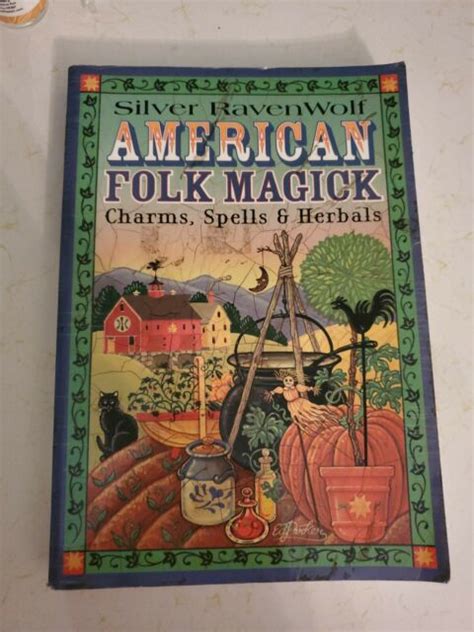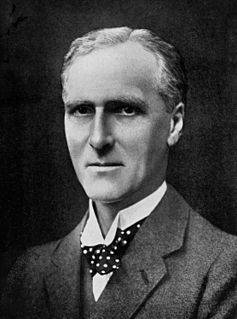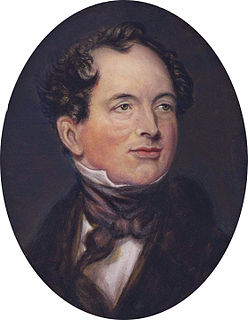A Quote by Michael Pollan
The garden suggests there might be a place where we can meet nature halfway.
Related Quotes
Just as an earthly garden needs constant attention, so, too, does our spiritual garden. When we first begin our journey of spirituality our garden is filled with all sorts of interesting items--it was not, after all, a fallow place before we sought to investigate what might be there and what we could possibly put in it. Everyone's spiritual garden is different, because each individual is unique.
Let me define a garden as the meeting of raw nature and the human imagination in which both seek the fulfillment of their beauty. Every sign indicates that nature wants us and wishes for collaboration with us, just as we long for nature to be fulfilled in us. If our original state was to live in a garden, as Adam and Eve did, then a garden signals our absolute origins as well as our condition of eternity, while life outside the garden is time and temporality.
It is the strain of walking around the world-down the street, riding city buses and elevators, moving from place to place to place-and not knowing who might want to destroy you, who might like to fill your heart with poison, who might rob you and stab you, who might stand above you in the dark with a tarantula.
The garden reconciles human art and wild nature, hard work and deep pleasure, spiritual practice and the material world. It is a magical place because it is not divided. The many divisions and polarizations that terrorize a disenchanted world find peaceful accord among mossy rock walls, rough stone paths, and trimmed bushes. Maybe a garden sometimes seems fragile, for all its earth and labor, because it achieves such an extraordinary delicate balance of nature and human life, naturalness and artificiality. It has its own liminality, its point of balance between great extremes.
If, I can someday see M. Claude Monet's garden, I feel sure that I shall see something that is not so much a garden of flowers as of colours and tones, less an old-fashioned flower garden than a colour garden, so to speak, one that achieves an effect not entirely nature's, because it was planted so that only the flowers with matching colours will bloom at the same time, harmonized in an infinite stretch of blue or pink.




































